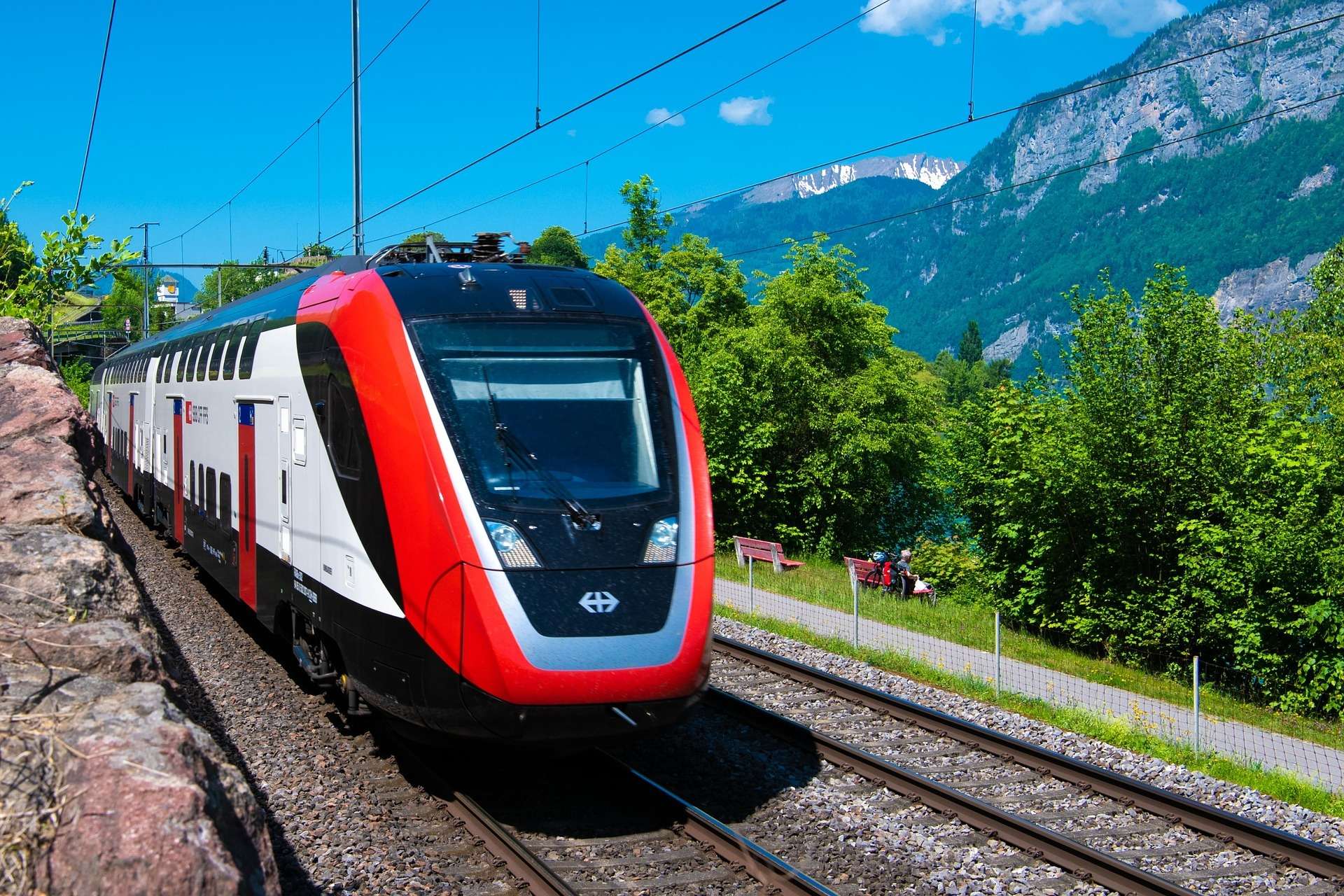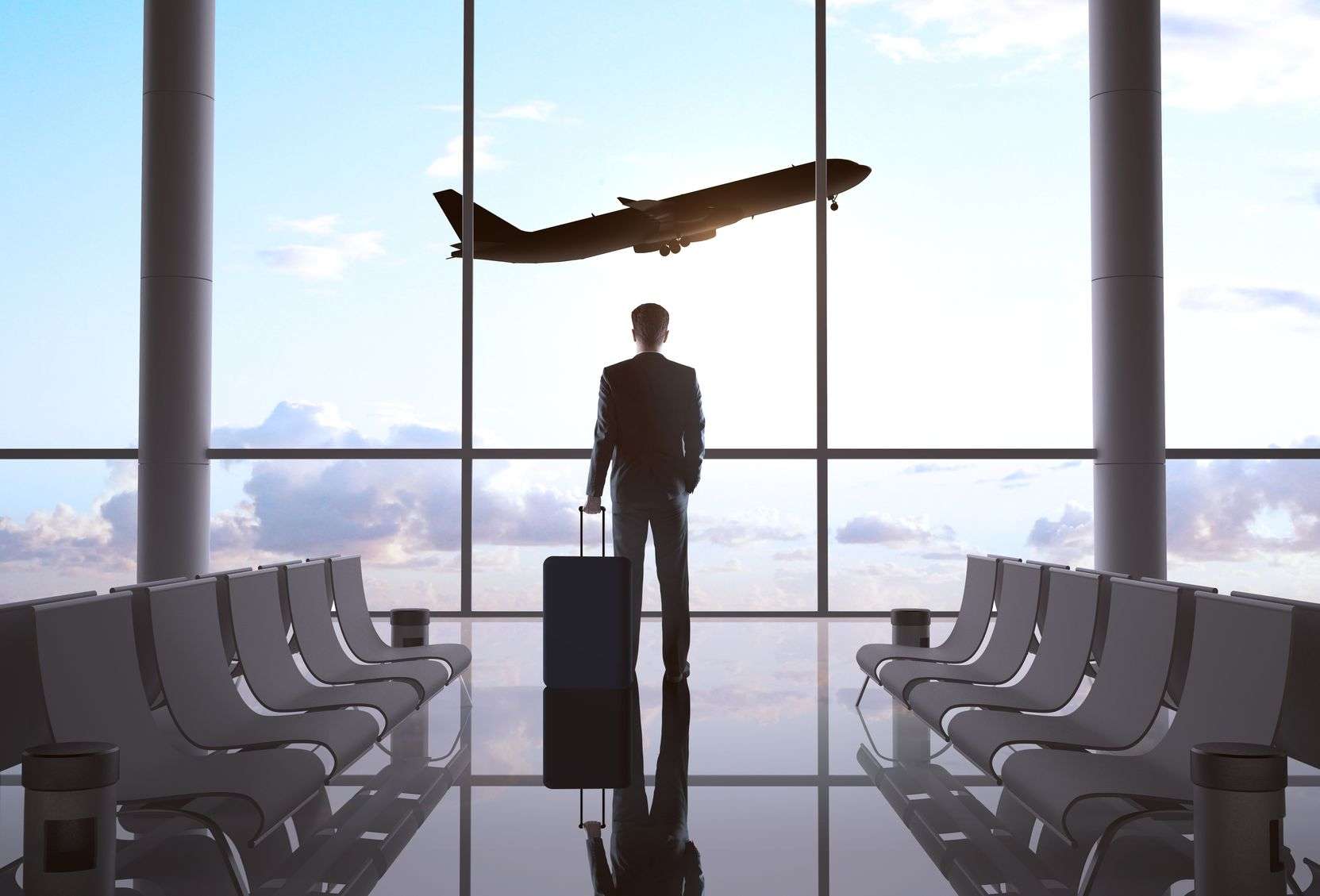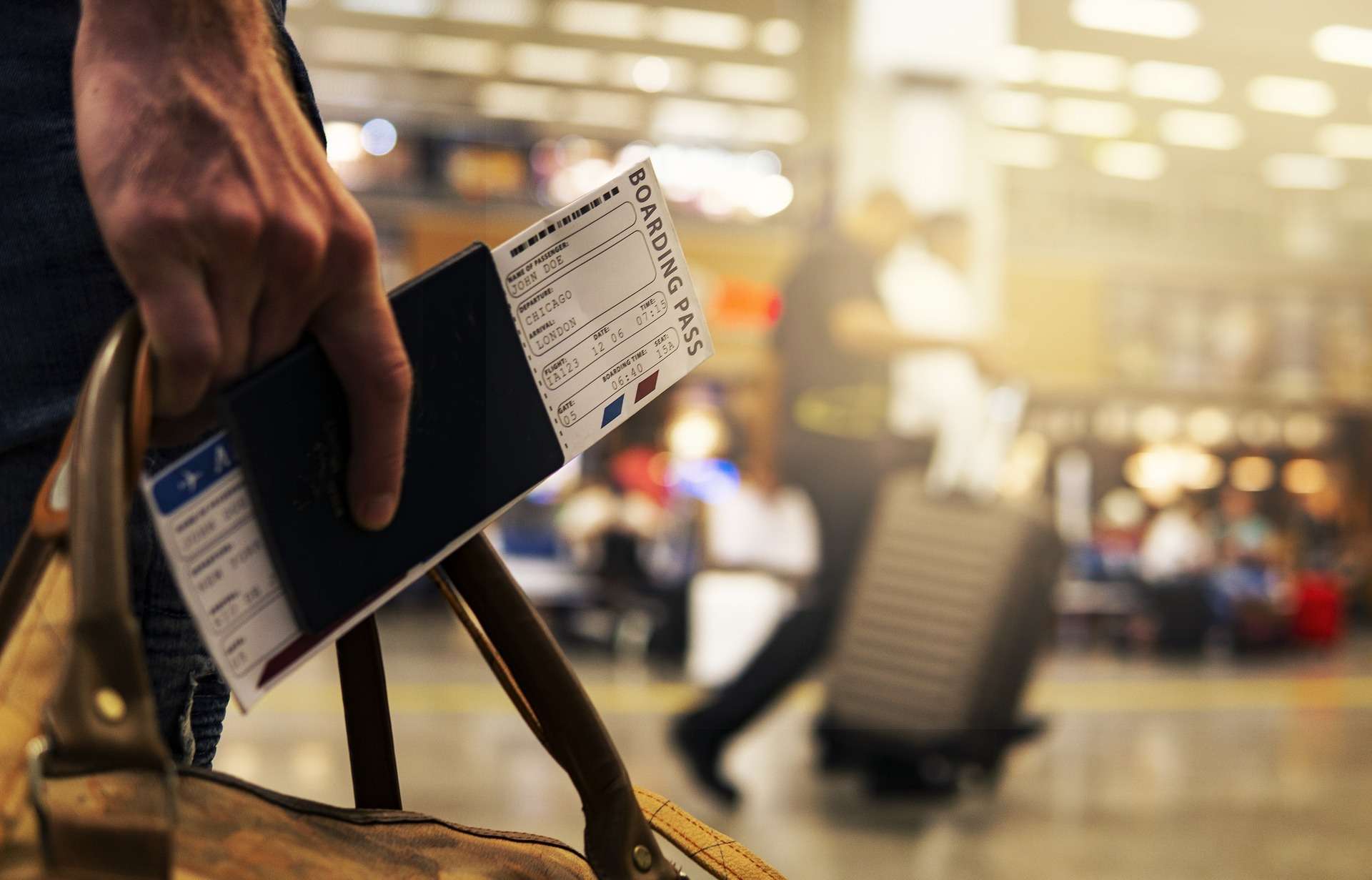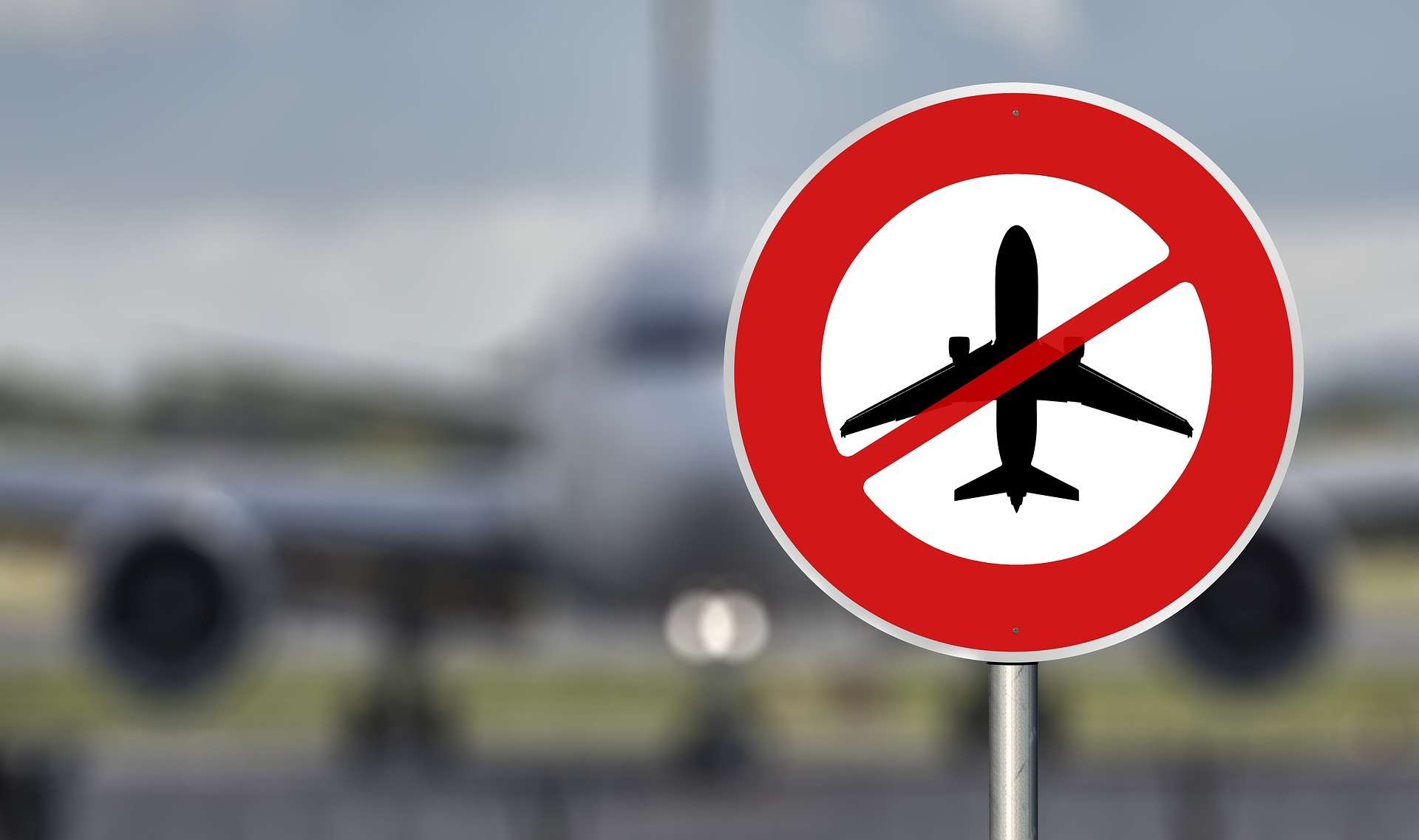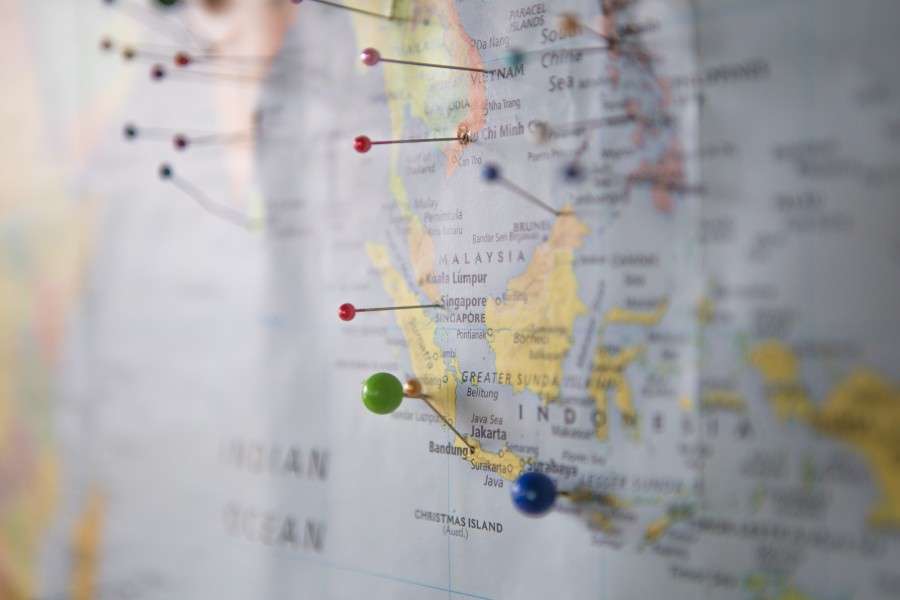
Do you know where they are?
Chris Probert
Imagine there's a crisis unfolding, and you have hundreds of travellers on the road on a given day of the week. Imagine the supporting tools for your travellers are limited to the last airport or city centre they transited through, or invasive GPS technology tracking devices.

Managing travel risk
Simon Crunden
Corporate risk is a multifaceted issue that organisations must be mindful of in today’s globalised market. One area requiring careful consideration is business travel.

Is Business Travel Worth It?
Simon Crunden
Business travel. The ultimate flex for any corporate warrior. It’s the chance to flaunt your status and accrue points like they’re going out of fashion. But as the world becomes more digital, is business travel still relevant? Let’s explore.
